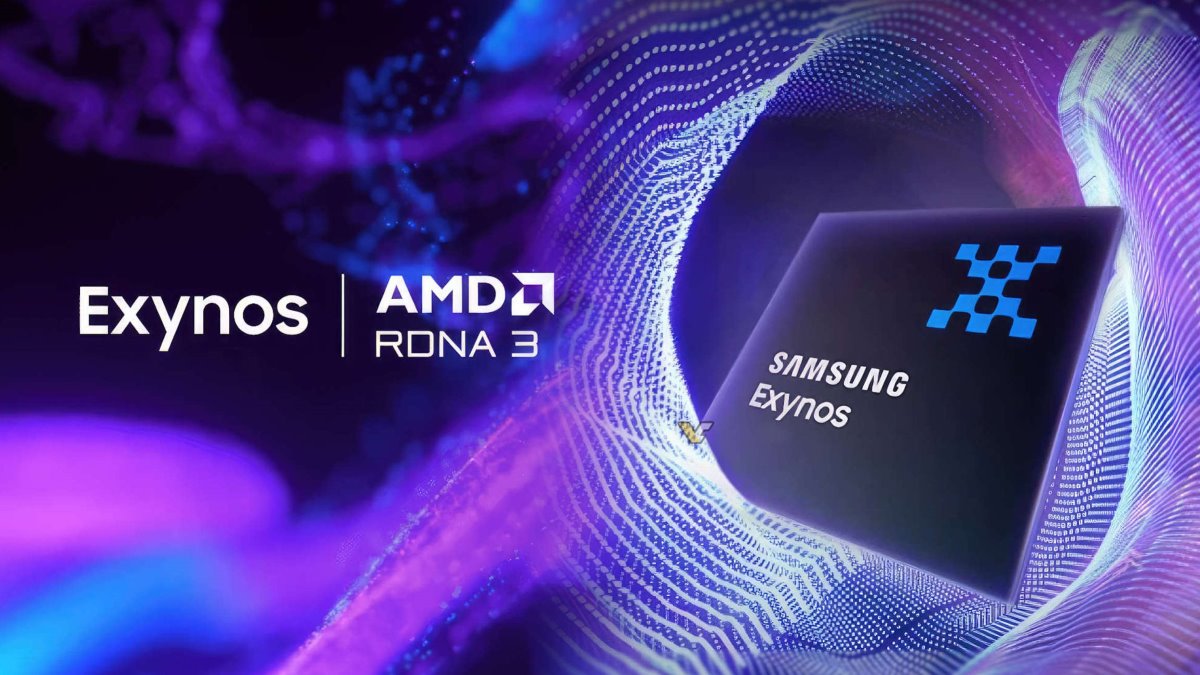Introduction: What is the Exynos 2600?
The smartphone world is always buzzing with rumors and speculation, but few topics have sparked as much chatter lately as the Exynos 2600. This highly anticipated chip was expected to power Samsung’s upcoming devices, bringing impressive performance and efficiency. However, whispers of its cancellation have sent waves through tech circles. What’s happening behind the scenes at Samsung? Let’s dive into this intriguing story that could reshape the future of mobile technology.
Reports of Cancellation
Recently, whispers have circulated about the potential cancellation of the Exynos 2600. Many tech enthusiasts and industry insiders have raised eyebrows at these claims. The excitement surrounding this chipset had led many to anticipate its release eagerly.
Various online platforms reported that Samsung might not move forward with its development. Speculation intensified as certain sources hinted at internal challenges within the company. These reports suggested that design flaws or performance issues could be behind such drastic measures.
Social media buzzed with theories from fans and analysts alike. Some feared it could impact future Galaxy devices significantly. Others pondered whether Samsung would pivot to alternative solutions instead of sticking with Exynos technology for upcoming products.
Samsung’s Response to the Claims
Samsung has addressed the swirling rumors surrounding the Exynos 2600. The tech giant issued a statement reaffirming its commitment to developing innovative chipsets for future devices.
According to their spokesperson, the company remains focused on enhancing performance and efficiency across all platforms. They emphasized that any talk of cancellation is premature and not based on official updates.
In recent weeks, Samsung has been keen to clarify its roadmap for upcoming processors. This includes ongoing improvements in artificial intelligence capabilities and graphics performance.
The response indicates a proactive approach, reassuring fans and developers alike. As competition intensifies within the semiconductor market, such statements are crucial in maintaining consumer confidence in the brand’s direction moving forward.
Possible Reasons for Cancellation
Several factors could have led to the cancellation of the Exynos 2600. One major consideration is performance issues. If early benchmarks indicated that it couldn’t compete with rivals, Samsung might have opted for a different approach.
Another reason could be supply chain challenges. The semiconductor industry has faced disruptions recently, making it difficult to source materials and maintain production schedules.
Moreover, market demand plays a significant role. As consumers increasingly lean towards high-performance devices, Samsung may have realized that the Exynos 2600 wouldn’t meet expectations in this evolving landscape.
Internal strategic shifts within Samsung could also influence such decisions. A reallocation of resources or focus on other technologies might make the Exynos 2600 less relevant in their future lineup. Each of these elements contributes to understanding why this chip may never see the light of day.
Impact on the Smartphone Industry
The potential cancellation of the Exynos 2600 could create ripples in the smartphone industry. Manufacturers often rely on diverse chipsets to drive innovation and competition. A loss of a key player like Samsung might open doors for rivals.
Smartphone brands may need to rethink their strategies if they can’t source powerful alternatives from Samsung. This shift could lead to an increased reliance on competitors, such as Qualcomm or MediaTek, which might accelerate their market growth.
Consumers could experience fluctuations in device performance and pricing as manufacturers scramble for suitable replacements. Moreover, fewer options in high-performance chips can stifle technological advancements across devices.
The landscape of mobile processing power is always evolving. If major players adjust to fill the void left by the Exynos 2600’s absence, it will be fascinating to observe how this impacts product offerings moving forward.
Alternatives to the Exynos 2600
If the Exynos 2600 is indeed off the table, what are the alternatives for smartphone manufacturers?
One strong contender is Qualcomm’s Snapdragon series. Known for its robust performance and efficiency, Snapdragon offers a variety of chips tailored to different market segments. The latest models promise excellent graphics capabilities and AI processing power.
Another option could be MediaTek’s Dimensity line. With competitive pricing and impressive features like integrated 5G support, they have gained traction in various smartphones.
Apple’s A-series processors also provide high-performance benchmarks but are exclusive to their devices. Still, they demonstrate what can be achieved with cutting-edge technology.
Some brands may look towards custom ARM-based solutions or partnerships with emerging chip developers to innovate beyond traditional offerings. Each alternative presents unique advantages that could fill any gaps left by the absence of Exynos 2600.
Conclusion
The Exynos 2600 has been a topic of much speculation and discussion within the tech community. As Samsung navigates the complexities of chip production, their response to recent claims adds another layer to this unfolding story.
While reports of cancellation create uncertainty, it’s vital to consider how such changes could impact both consumers and manufacturers alike. The smartphone industry thrives on innovation, and any disruption in that flow can have far-reaching effects.
For those looking for alternatives, various options exist in the market. Companies continuously develop new technologies aiming to fill gaps left by products like the Exynos 2600.
As we keep an eye on future announcements from Samsung, one thing remains clear: the tech world is always evolving. Staying informed will help us navigate these developments as they unfold.



